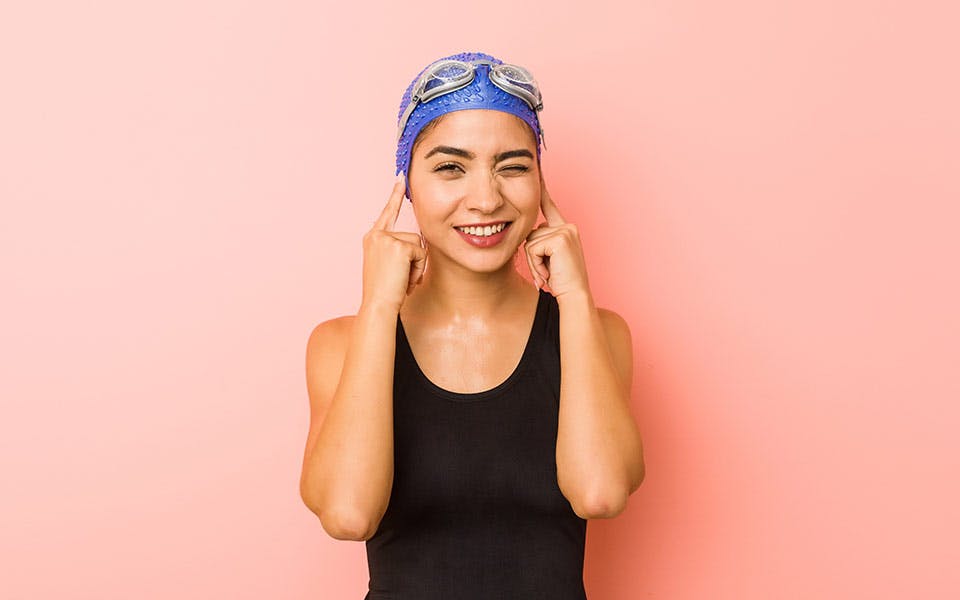Whether you’re in a pool or a natural body of water, swimming is a great way to unwind, have fun and exercise. But water and bacteria can get trapped in your ears and cause damage to the delicate hair cells that send auditory stimuli to your brain.
Ear Conditions Caused by Swimming
Swimmer’s ear: Also known as otitis externa, Swimmer’s ear is a common condition that occurs when water-borne bacteria get trapped and grow in the ear canal. The infection can cause pain, redness, swelling, itchiness and drainage.
Surfer’s ear: Long-term exposure to cold environments can cause abnormal bone growth in the ear canal. It’s especially common in people who surf, sail, kayak and swim in cold water.
Barotrauma: The eardrum may rupture during exposure to extreme pressure underwater. Scuba divers and snorkelers are particularly susceptible to barotrauma.
Preventing Water-Induced Hearing Damage
Your ears are sensitive organs and repeated exposure to high environmental pressure and infections can cause irreversible hearing damage. That’s why it’s important to take preventative measures to protect your ears before, during and after water recreation.
Here are some tips to help you keep your ears safe:
- Verify that chlorine swimming environments, like pools and hot tubs, have been properly sanitized before you go for a dip.
- Research environmental warnings for beaches, lakes, ponds and rivers to ensure you don’t expose your ears to harmful conditions.
- Avoid swimming in stagnant areas of lakes or ponds as bacteria tends to grow better in still waters.
- Wear earplugs or a swim cap to keep water out of your ears.
Treatment
There are easy techniques you can use at home to dry out your ears after swimming.
- Tilt your head from side to side and gently pull on your ear lobe to coax the water out of your ear canal.
- Dry your outer ear with a clean towel or cloth. Do not stick the towel into your ear.
- Turn a hairdryer on a low, cool setting and hold it several inches away from your ear to dry up trapped moisture.
- Mix a small amount of rubbing alcohol and vinegar and place a few drops in the affected ear. You can also use hydrogen peroxide to speed the drying process.
You should never stick cotton swabs or other objects in your ear to clear away moisture. Contact your doctor if you continue to struggle with water-blocked ears. They can safely remove any water or earwax that’s blocking your ear canal.
Hearing Associates offers custom earplugs, so you can keep your ears safe while you’re in the water. Call 888-760-2032 or contact us online to schedule your appointment.


